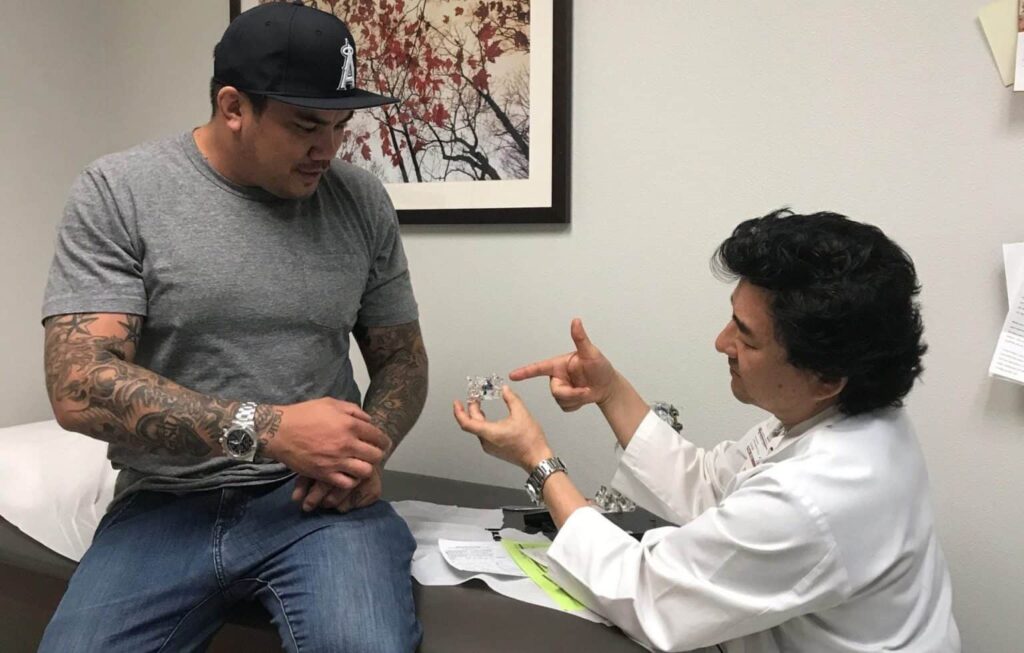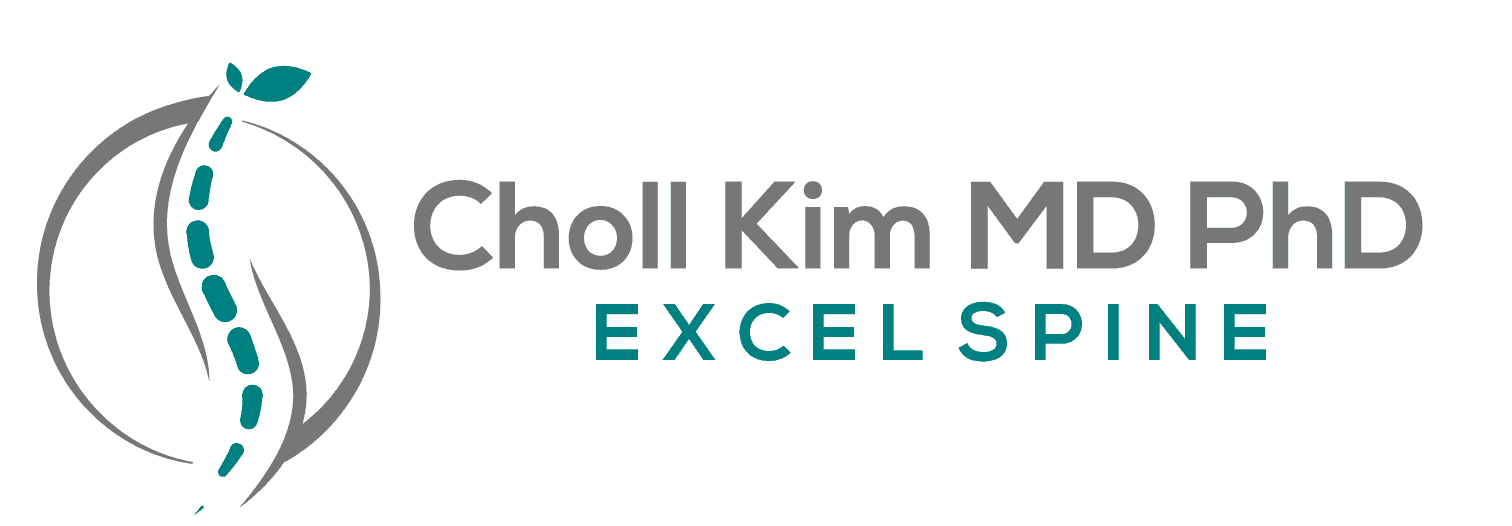
If you’re experiencing chronic back or neck pain, you may be wondering: Do I really need spine surgery? This is a common question among patients dealing with spine conditions, and the answer depends on several factors. Spine surgery is typically considered when other treatments have failed, and the pain significantly impacts your quality of life. Here’s what you need to know about whether spine surgery is right for you.
Do I Really Need Surgery, or Are There Non-Surgical Options?
Many spine conditions can be managed with non-surgical treatments, including:
- Physical therapy
- Pain management (medications, injections)
- Lifestyle modifications (weight loss, posture correction)
- Chiropractic care
- Acupuncture
If these treatments provide relief and help you function normally, surgery may not be necessary. However, if you’ve tried conservative treatments for at least six months without improvement, it may be time to consider surgical options.
How Bad Does My Pain Need to Be Before Considering Surgery?
Pain levels vary from patient to patient, but in general, surgery is considered when:
- Pain is severe and persistent despite conservative treatments
- You experience numbness, weakness, or loss of function in your arms or legs
- Your pain interferes with daily activities, such as walking, sleeping, or working
- You have nerve compression causing loss of bowel or bladder control (a medical emergency)
What Are the Risks and Success Rates of Spine Surgery?
Every surgery carries risks, but thanks to advancements in minimally invasive spine surgery (MIS) and modern surgical techniques, the risks are lower than ever, and recovery times are significantly improved. Many patients find that surgery provides them with long-lasting relief and a return to an active, pain-free lifestyle.
Potential risks include:
While all surgeries carry some risk, complications in spine surgery are relatively rare, especially when performed by an experienced surgeon. Risks may include:
- Infection (managed with antibiotics and proper post-operative care)
- Bleeding (usually minimal with modern surgical techniques)
- Nerve damage (a rare occurrence, as surgeons use precision tools to avoid critical structures)
- Incomplete pain relief (though most patients experience significant improvement in their symptoms)
Success rates depend on the procedure:
Many spine surgeries have high success rates, with patients experiencing a substantial improvement in pain and function.
- Herniated disc surgery (microdiscectomy): ~90% success rate, often leading to rapid pain relief and restored mobility.
- Spinal fusion for degenerative disc disease: ~80% success rate, effectively stabilizing the spine and reducing pain. While fusion eliminates motion at the treated segment, the loss of mobility is microscopic and typically not noticeable to patients once they have healed.
- Artificial disc replacement: Offers success rates similar to fusion but allows for motion at the treated segment, potentially reducing strain on adjacent levels of the spine. This preservation of movement can be beneficial for maintaining a more natural range of motion and an active lifestyle.
For many people suffering from chronic spine conditions, surgery offers a life-changing solution that restores independence, reduces reliance on pain medications, and allows them to enjoy activities they once had to avoid.
How Do I Know if I’m a Good Candidate?
You may be a good candidate for spine surgery if:
- You have a clearly diagnosed spine condition (e.g., herniated disc, spinal stenosis, spondylolisthesis)
- You’ve tried conservative treatments without success
- Your pain is significantly impacting your daily life
- You’re in generally good health and able to undergo surgery and rehabilitation
What’s Next?
If you’re unsure whether spine surgery is right for you, the next step is to schedule a consultation with a spine specialist. They can review your medical history, imaging (MRI, X-rays), and symptoms to determine the best treatment plan for your condition.
Still have questions? Book a consultation with our office today to discuss your options on getting back to doing what you love!
